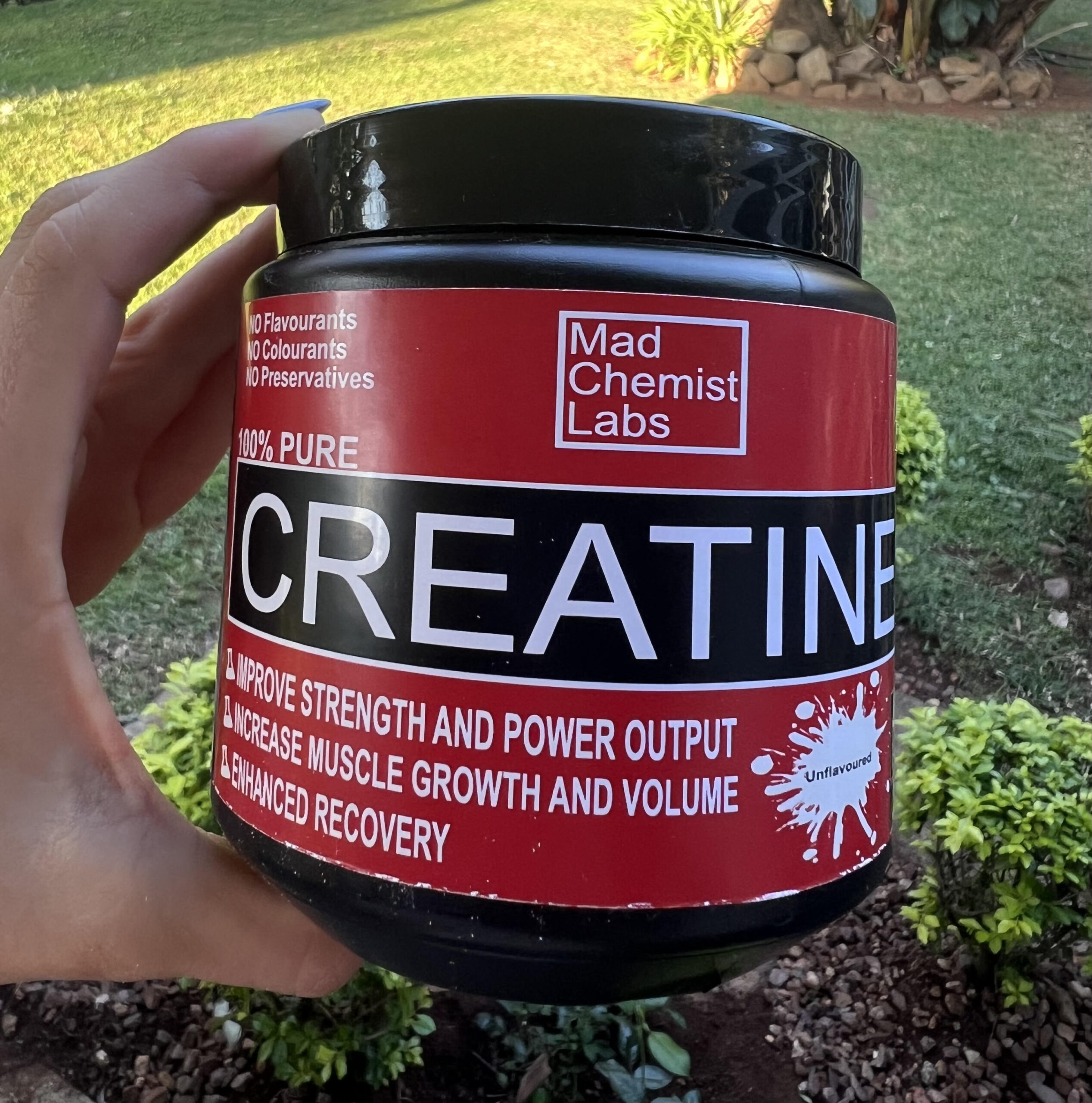Once upon a time, creatine was a supplement you’d only hear about in the gym world, the “secret sauce” for muscle growth, strength, and those impressive lifting numbers. Fast forward to 2025, and it’s become one of the most researched supplements out there… and not just for gym-goers.
Recent studies have shown that creatine could help reduce the risk of dementia and Alzheimer’s, as well as clear up mental fog, making it a great tool for staying sharp, focused, and productive. I can personally vouch for this one; creatine has been a total win for me.
The best part? Creatine is safe to use whether you’re an athlete pushing PRs or just an everyday Harry looking to stay sharp and energised. The sweet spot is a 5g daily serving, and I like to mix mine into my protein shake. If you’re going to buy some, go for creatine monohydrate, it’s the purest, most effective form out there.
As a Type 1 diabetic, I’ve been taking creatine consistently for the past two months with zero negative side effects, except for one small mishap. One evening, I’d forgotten to take my daily dose earlier, so I threw it into my hot chocolate alongside my slow-release insulin… and woke up in the middle of the night with a nasty low blood sugar episode. Lesson learned, for me, the latest dose is early afternoon.
In general, most people like to take it either an hour before their workout or an hour afterwards. For non-gym users, any consistent time that fits into your daily routine works fine, just be consistent and drink plenty of water.
That said, creatine isn’t everyone’s best friend. For some, it can feel like “too much” for the system. A few things to note:
- Water retention & bloating: Creatine pulls water into your muscles. While this is part of how it works, some people feel puffy, heavy, or uncomfortable.
- Digestive issues: A sensitive stomach? Creatine can sometimes cause cramping, nausea, or diarrhoea if your gut doesn’t handle it well. or if you take too much at once.
- Kidney stress (rare, but worth noting): If someone already has underlying kidney issues, creatine can be an added burden since it increases creatinine levels in the blood (a marker doctors use to measure kidney function).
- Energy dips or jitters: While rare, a few people report that creatine messes with their energy balance, either feeling unusually flat or wired.
- Not everyone feels it: Some people are “non-responders,” meaning their bodies don’t really show noticeable benefits from creatine supplementation, which can make the side effects feel pointless.
Bottom line? Whether you want stronger lifts, a sharper mind, or just that extra push to get stuff done, creatine might be the small, science-backed upgrade you didn’t know you needed in 2025. But if your body throws up a red flag, listen to it. Supplements should work with you, not against you.

